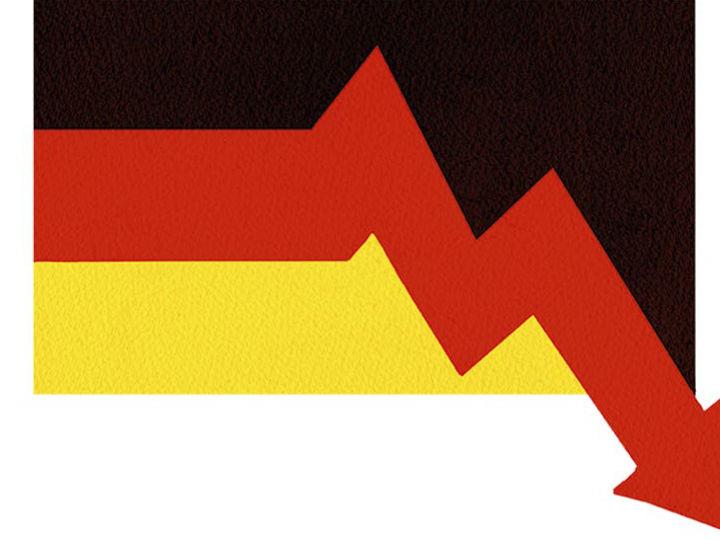by Alexia Barillas*
The alumni from the World Economic Forum’s Young Global Leaders (YGL) programme convened in Geneva, Switzerland. The World Economic Forum founded the scheme to foster new leadership models. Through a transformational three-year programme, YGLs are inspired to be bold and shape a more sustainable and inclusive world.
After completing the programme, YGLs join the Alumni Community, where they can continue their leadership journey. These leaders serve as stewards of the community, helping select new members and mentoring them. They are crucial to our ongoing success, often providing support and guidance to new collaborations and promoting the impact-oriented mindset of our community.
As the world collectively confronts pressing, complex challenges, the YGL Alumni Gathering 2022 brings together some of the world’s foremost leaders to engage in dialogue, envision a better future, develop partnerships to benefit communities and inspire global action.
The theme of this year’s gathering is ’Emerging and Growing as Leaders’. With this in mind, we asked four alumni to tell us how, based on their experience, young leaders can remain connected at the grass roots and create positive impact within their communities. Here is what they told us.
’I learn so much by listening’
Ellana Lee, Senior Vice-President and Managing Editor, CNN International
I’m a firm believer that identifying the things you are truly passionate about is the key to remaining connected with your community in a way that generates positive change. For me, that’s been my work in the diversity and inclusion space in both my industry and my local community in Hong Kong.
I am really proud to be a founding member of CNN’s International Diversity Council, which meets every month with members from across the globe to discuss ways to strengthen our editorial content, build on employee engagement and workplace culture, and improve representation within and on our various media platforms.
Due to Covid restrictions I’ve remained in Hong Kong and have used the opportunity to further engage in my local community through The Melo Program. This initiative helps drive connections and meaningful engagements between the city’s youth and business executives and aims to nurture a new generation of leaders to be resilient and adaptive.
Engaging with my global and local communities regularly on issues that I am passionate about keeps me motivated and inspires me. I learn so much by listening and then listening some more.
’Help people to overcome their hesitation about asking for help’
Adam Grant, Saul P. Steinberg Professor of Management and Psychology, The Wharton School, University of Pennsylvania
In crisis, one of the greatest barriers to resilience is not the unwillingness of people to help; it’s their unwillingness to ask. There’s evidence that 75-90% of all helping starts with a request, but many people hesitate: they don’t want to be vulnerable or become a burden. Helping them overcome those hesitations is a powerful way to have a positive impact in your community.
You can do that by asking people what their biggest challenge is. Let them know that you enjoy solving problems, and see if they have any problems that would benefit from your knowledge, skills, or connections. If they don’t take you up on the offer, you might ask them who they’d love to help, and see if you can pitch in.
’It’s only by seeing the world differently that we will be able to act differently’
Alberto Alemmano, Founder, The Good Lobby
As the world confronts unprecedented catastrophes – from the climate emergency to war – we face a less visible, largely neglected, emergency: a crisis of imagination. Being unable to imagine a better society, we are losing control of our individual and collective destiny. Yet that’s what young leaders must increasingly cultivate both within their local and global communities.
It’s only by seeing the world differently that we will be able to act differently. Young leaders must be explorers, not prophets; actors, not spectators; citizens, not consumers. The time has come to improve our individual and collective imaginative landscape to secure a more connected, resilient and equal world society.
’We can create an economy that can retain the best talent’
Khaldoon Tabaza, Founder, Chairman and Managing Director, iMENA Group Ltd
We have recently commissioned a study that showed that in the next 5 years, the number of internet users in the Middle East and North Africa will grow by 80m from 242m to 324m, the number of smartphone users will grow by 90m from 221m to 313m, and the number of users of online services will grow by 100m from 134m to 236m.
With a median age of 26 years, this region is one of the youngest regions in the world, and as such, the vast majority of those new users will be digitally native. Yet, the contribution of the digital sector in the region remains low. It has the lowest level of penetration in areas such as educational technology, health technology, and digital payment compared to the rest of the world.
Being in decision-making positions, young leaders are in a position to connect with the grass roots by enabling and supporting the digitalization of the economy in the Middle East and North Africa across all levels. We can create an economy that can retain the best talent amongst the younger generation, and to build together a better future for the region.
*Writer, World Economic Forum
**first published in: Weforum.org




 By: N. Peter Kramer
By: N. Peter Kramer

